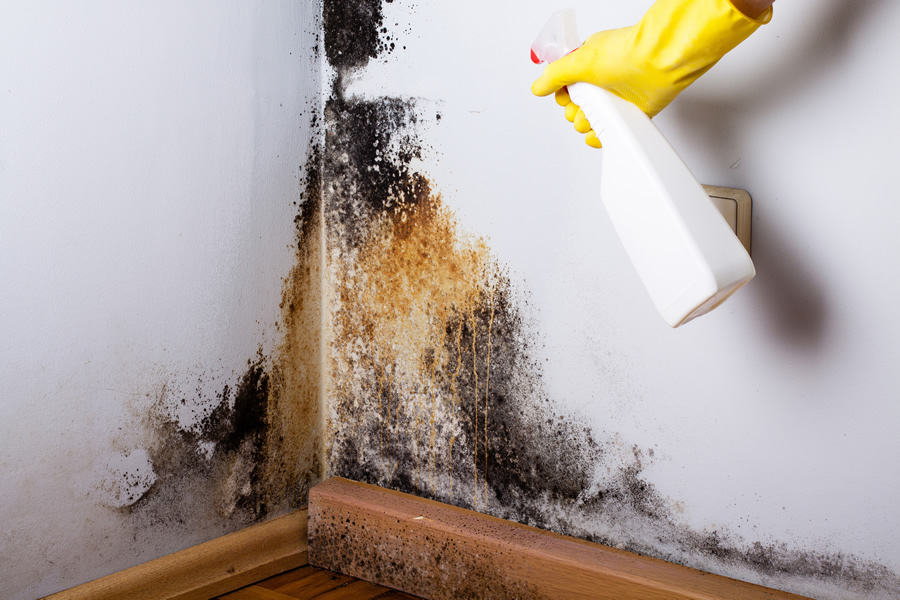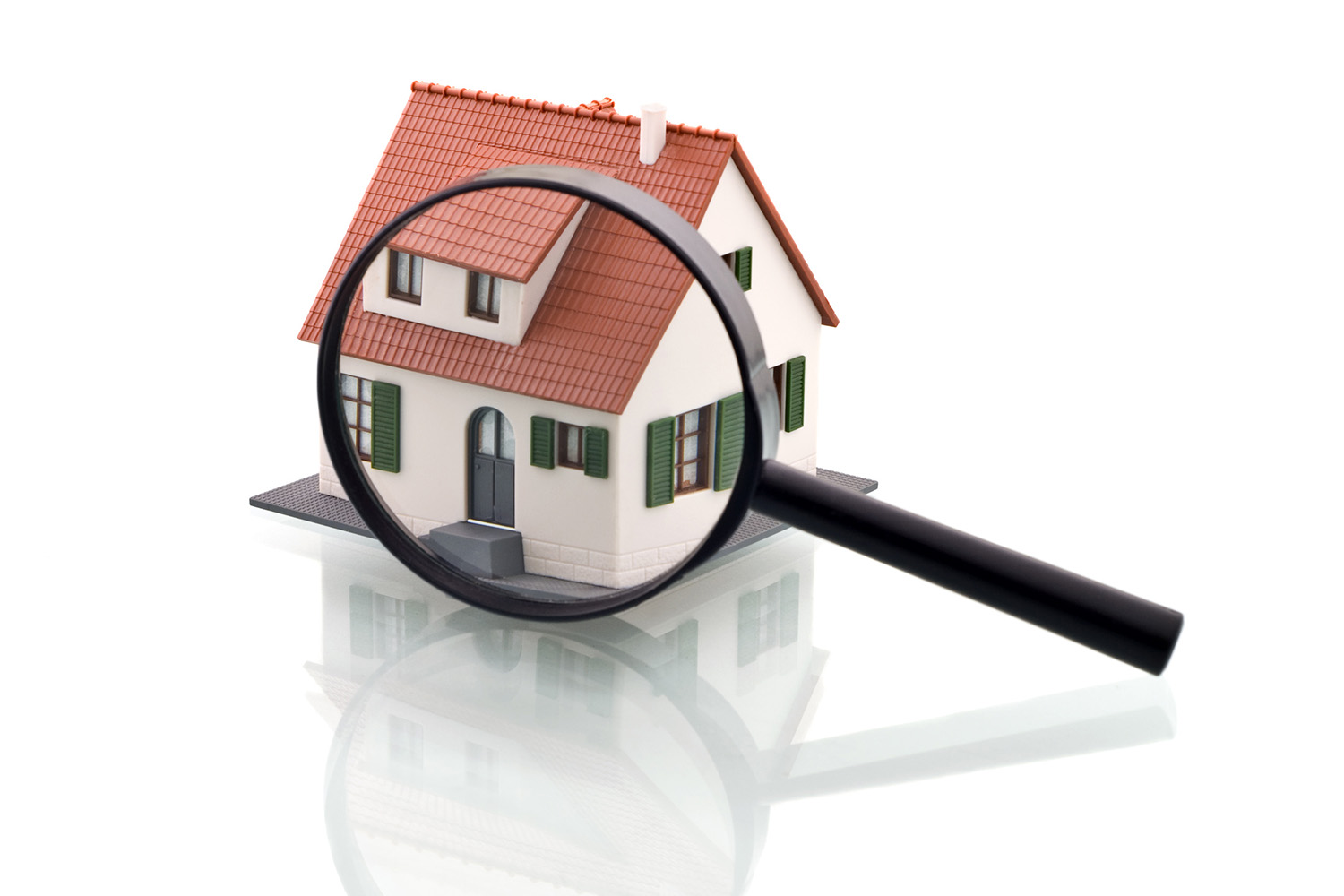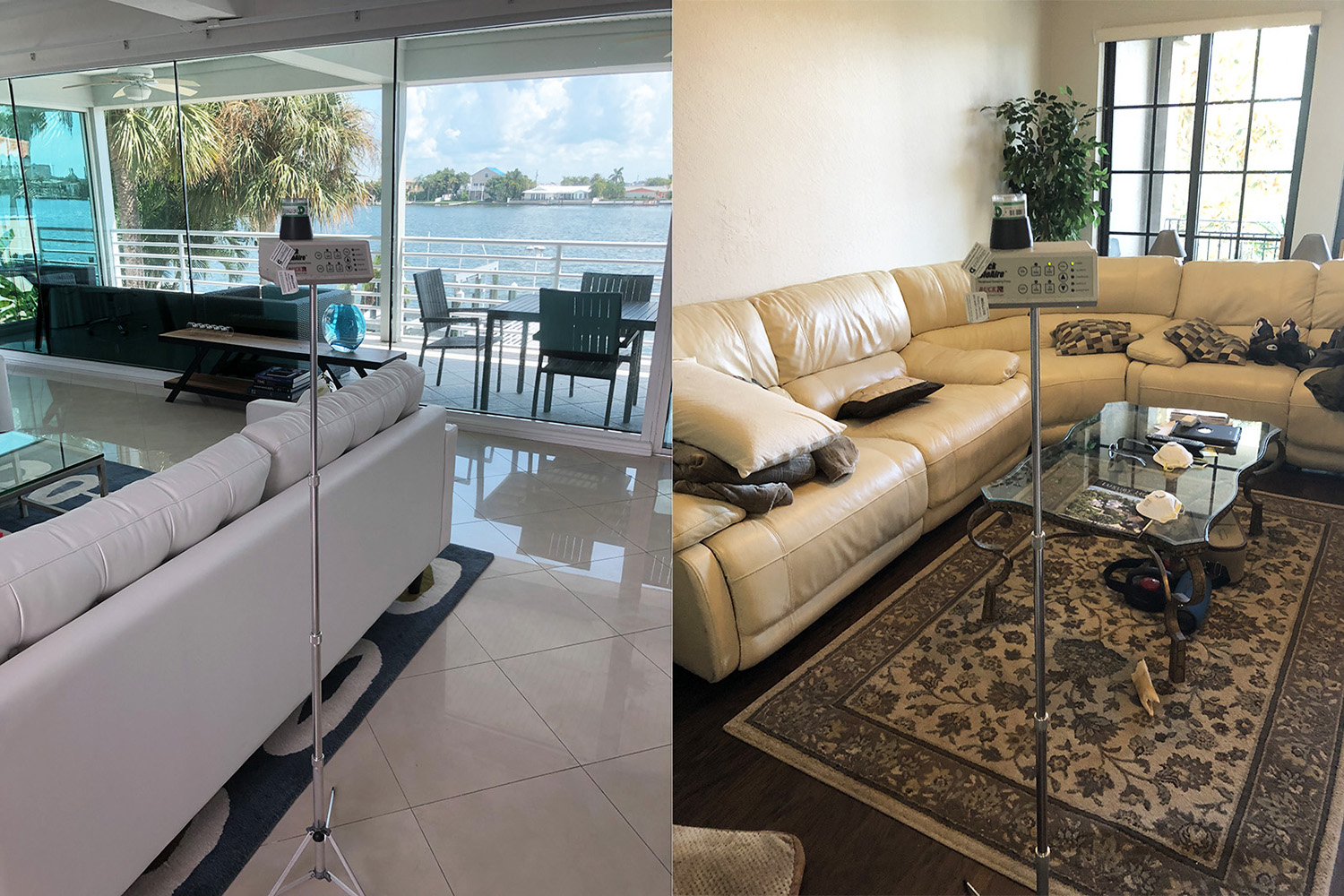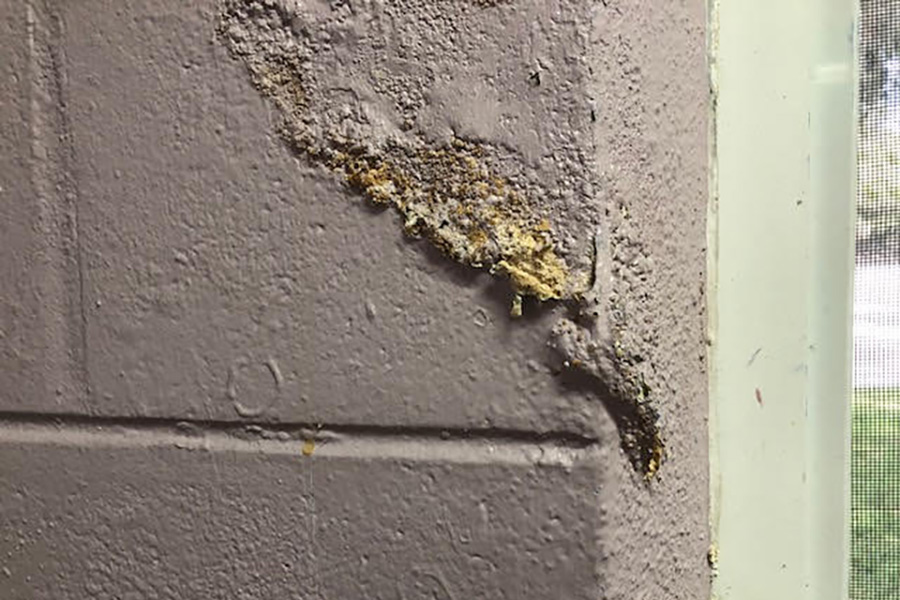Many people think Bleach is the go-to to “kill” mold, but this can cause more damage than good. OSHA and the EPA have specifically advised AGAINST the use of bleach for mold remediation for several reasons. Bleach’s main function is to disinfect and bleach the color. It can only disinfect on hard, non-porous surfaces. Initially, when applied to mold on a porous surface (e.g. your drywall or wood), the surface mold appears to be gone (it’s bleached white) but the internal mold always remains to grow back. Additionally, bleach contains 90% water, and mold loves water. Chlorine in bleach quickly evaporates after use leaving only water. This water can then soak into the porous surface allowing the mold to flourish. So in effect, using bleach actually feeds the internal mold spores! Even if any of the surface mold was to be killed it is important to know that whether dead or alive, mold spores can still remain allergenic! What you must do is get rid of mold spores that you may be breathing. It is also important to determine what type of mold you are dealing with, as that may help determine what may be needed to remediate it. The only way to know what YOU are breathing in your indoor space (type of mold(s) and quantities) is by having an air quality test by a licensed Mold Assessor. Along with finding potential moisture and mold sources, this is what Expert Mold Test provides our clients. Only a licensed Mold Assessor can provide this service in Florida.
Don’t forget, bleach itself is considered a toxic chemical and is classified the same as gasoline. At room temperature chlorine releases dioxins, a known cancer causing compound. Bleach is not only hazardous to your health, it will make your mold problem worse in the long run. There are many potential health concerns associated with being exposed to mold and if you have a mold issue in your home, you shouldn’t take the remediation lightly. Call on a mold expert like Expert Mold Test to advise you on the best course of action. Dan Brave at Expert Mold Test always takes the time to explain your situation and address your concerns. He can be reached at www.expertmoldtest.com or call him directly at 770-533-3308




